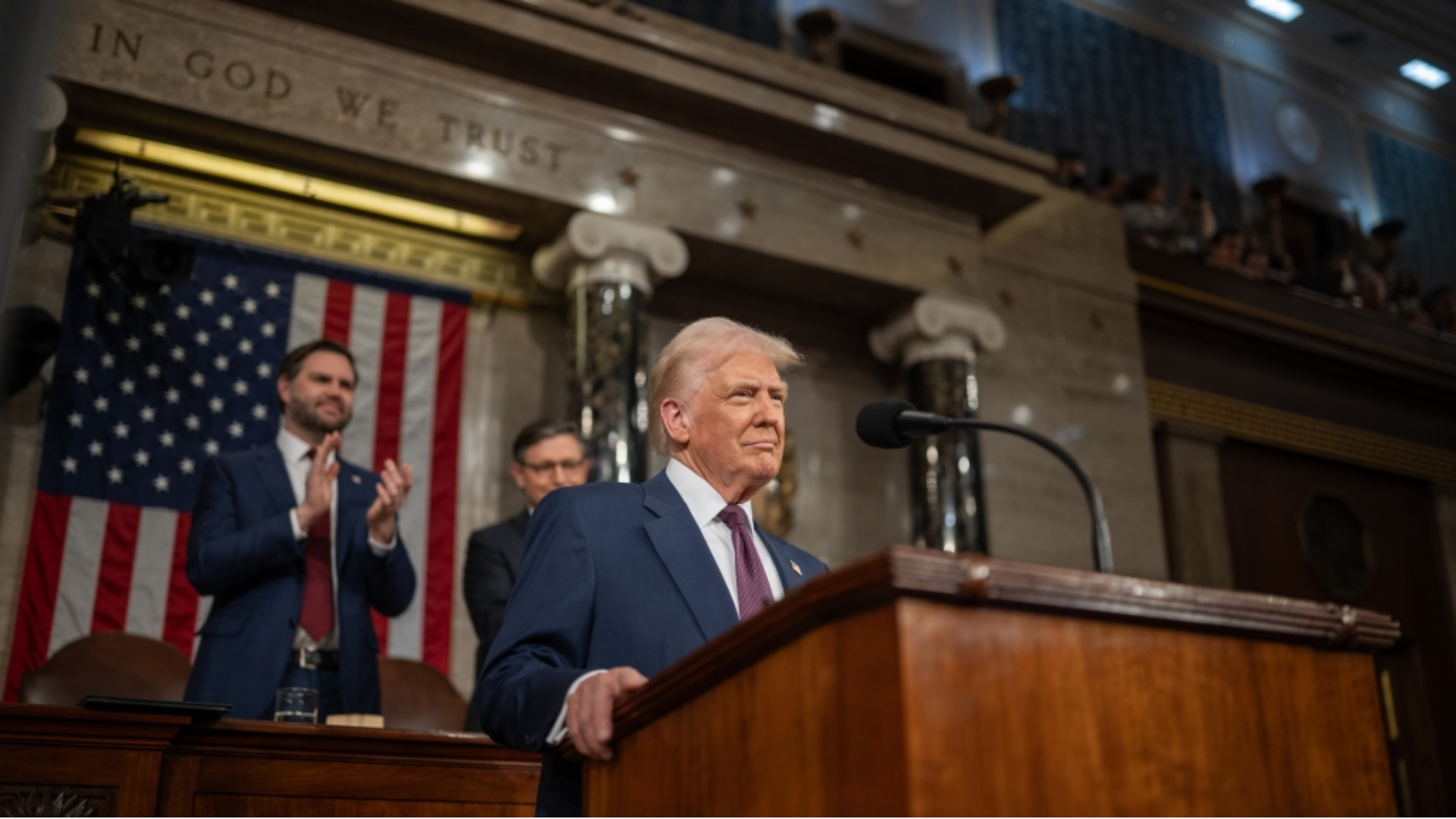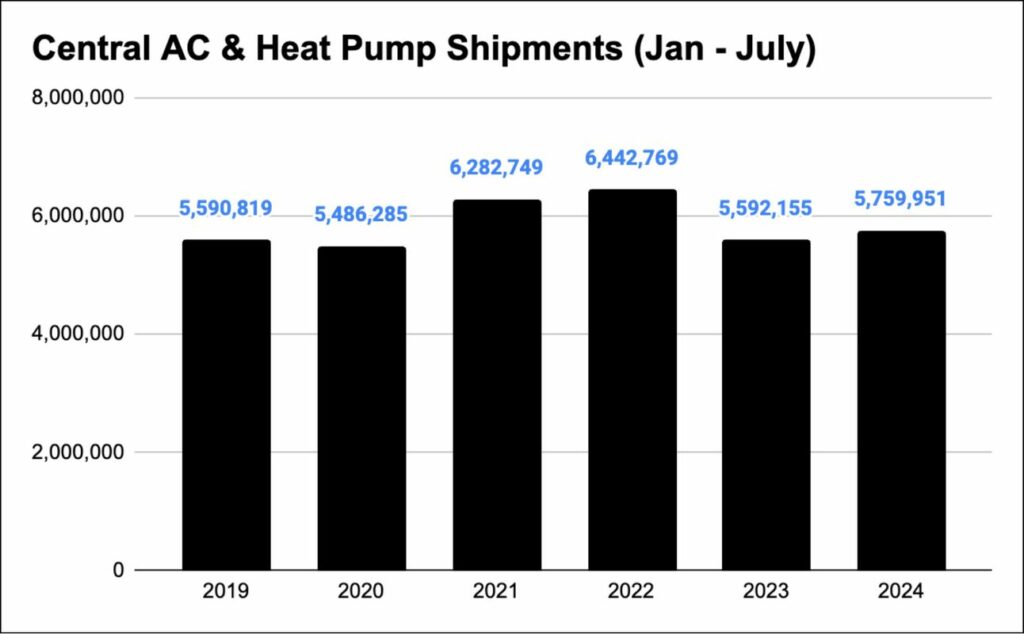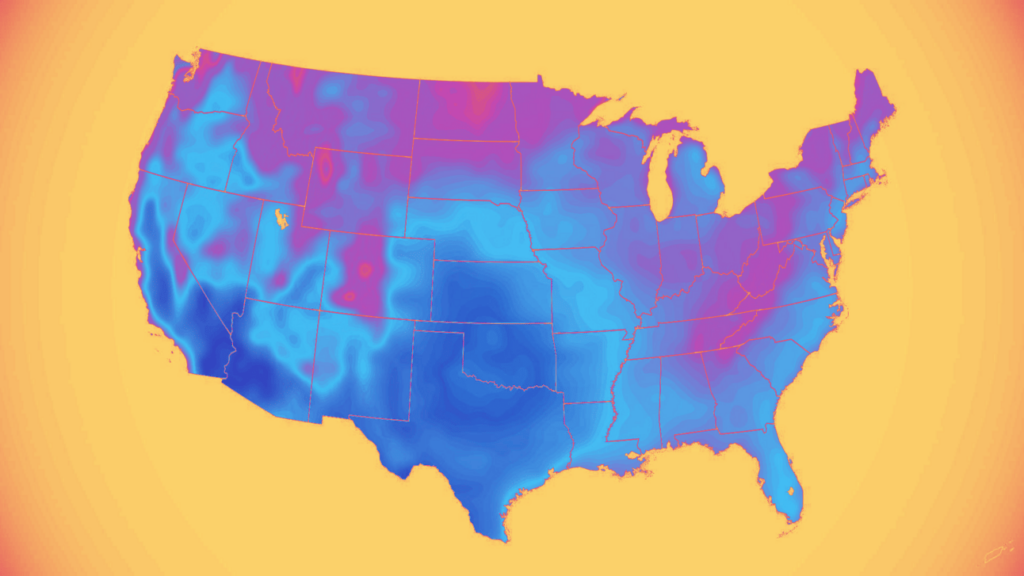Trump’s first 60 days: The impact on the HVAC industry
A look at several initiatives, including tariffs, energy efficiency regulations, and rebates from the President's first 60 days

Image: AS/COA
Since taking office on January 20, President Trump and his administration have been moving at breakneck speed to reshape the federal government, with decisions that have both direct and indirect implications for contractors.
Why it matters: The HVAC industry is particularly sensitive to several initiatives, including tariffs, energy efficiency regulations, and rebates.
Here’s a look at the President’s first 60 days:
Tariffs
The implementation of tariffs, especially on Canada and Mexico, is expected to drive up prices for HVAC products across the board.
Just days after 25 percent tariffs on all imports from Canada and Mexico — where $12 billion of finished HVAC products sold in the U.S. last year originated — took effect, the President on March 6 partially reversed course, delaying certain tariffs, including on HVAC products, until April 2.
However, Canada is one of the U.S.’s largest suppliers of steel and aluminum, exporting twice the amount of aluminum in 2024 than the next nine countries combined, and a 25 percent tariff on both metals from all countries, including Canada, remains in effect.
HVAC rebates
The Inflation Reduction Act (IRA), which former President Biden signed into law in 2022, allocated nearly $9 billion for states to provide point-of-sale rebates to homeowners who make qualified HVAC upgrades.
On January 20, President Trump signed an executive order requiring the Department of Energy to “immediately pause the disbursement of funds” under the law, while it “reviews its processes” over a 90-day period.
While over 20 states have filed a lawsuit against the administration, claiming the freeze is unlawful, five states, as of February 27, have either suspended or delayed their rebate programs.
Energy efficiency mandates
The Department of Energy on February 14 announced that it will “postpone the implementation” of several Biden-era efficiency mandates, including for central air conditioners.
“The people, not the government, should be choosing the home appliances and products they want at prices they can afford,” Energy Secretary Chris Wright said at the time.
However, no timeline for the postponements was given, and the announcement left unclear which specific air conditioner standards would be affected.
HFC phasedown
The EPA on March 12 announced what it’s calling the “biggest deregulatory action in U.S. history,” stating that it’s reconsidering dozens of existing rules, including one related to the HVAC industry’s refrigerant transition, to “roll back trillions in regulatory costs.”
While the announcement specifically highlighted a part of the HVAC rule affecting supermarket refrigeration systems, HARDI noted that it also signals a step in the right direction for closing a current “loophole” in the transition, which effectively allows consumers to replace 410A condensing units indefinitely. Catch up
Additionally, the EPA’s use of “reconsider” means that nothing has actually changed at this point, as the agency will have to follow a formal process to overhaul regulations, which could take months or even years.
The bottom line: The moves so far signal a mixed bag for HVAC contractors, with potential relief on regulations but also challenges around rebates and tariffs.
📬 Get our stories in your inbox
Keep reading
July HVAC shipments up 22%
Central AC and heat pump shipments rose 22% year-over-year in July, and year-to-date shipments increased by 3% from 2023
Redwood Services to land majority investment in $1.1 billion deal
The company is set to receive a majority investment from Toronto-based Altas Partners, according to people familiar with the matter


